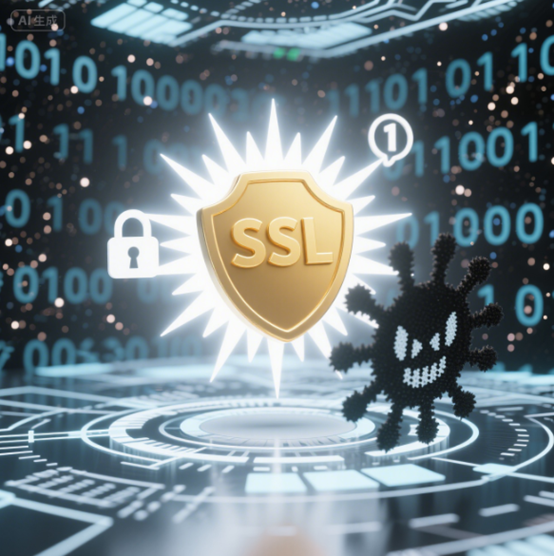What certificates are available in cybersecurity?
In the information society, network security has become an important issue that cannot be ignored by enterprises and organizations. In order to ensure network security, professional certification has become a standard for measuring the level of network security for individuals and enterprises. The following are some widely recognized network security certificates.
CISSP (Certified Information Systems Security Professional)
CISSP is a certification issued by (ISC)² (International Information Systems Security Certification Consortium). It is regarded as the gold standard in the field of information security. Obtaining CISSP certification requires passing knowledge tests in eight areas, including security and risk management, asset security, communications and network security, etc. People who hold CISSP certificates usually have extensive experience in security architecture, management and design.
CISM (Certified Information Security Manager)
CISM is issued by ISACA (Information Systems Audit and Control Association) and focuses on information security management. CISM certification is suitable for those who are responsible for managing and overseeing information security programs in enterprises. The exam covers four areas: information security governance, risk management, information security program development and management, and information security incident management.
CEH (Certified Ethical Hacker)
The CEH certification is awarded by EC-Council (International Council of Electronic Commerce Consultants) for professionals who want to learn about hacker thinking and techniques to strengthen their defense. The CEH course covers a wide range of hacker techniques and tools, such as system attacks, network attacks, application attacks, etc. With this certification, the holder can legally conduct penetration testing to help organizations identify and fix security vulnerabilities.

Cybersecurity Certification
CompTIA Security+
CompTIA Security+ is an entry-level security certification for those who are just entering the field of cybersecurity. It is offered by the Computing Technology Industry Association and covers the basics of cybersecurity, such as cybersecurity concepts, risk management, encryption technology, etc. Security+ is the foundation for many other advanced security certifications.
GIAC (Global Information Assurance Certification)
GIAC certification is offered by the SANS Institute and covers a wide range of cybersecurity areas. GIAC certifications are divided into multiple specialties, such as GIAC Security Essentials (GSEC), GIAC Certified Incident Handler (GCIH), GIAC Certified Intrusion Analyst (GCIA), etc. Each certification targets specific security skills and knowledge and is ideal for professional security practitioners.
CISA (Certified Information Systems Auditor)
The CISA certification is issued by ISACA and is suitable for professionals who are engaged in information system auditing, control and assurance. The CISA certification exam covers five areas: auditing information system processes, governance and management of IT, information system acquisition, development and implementation, information system operations and business resilience, and information asset protection.
OSCP (Offensive Security Certified Professional)
The OSCP certification is provided by Offensive Security and is a highly practical certification that emphasizes practical hands-on skills. Candidates must pass a 24-hour penetration testing lab challenge to demonstrate their attack and defense skills. The OSCP certification is suitable for those who want to become penetration testing experts.
Cybersecurity certification is essential to improving the security capabilities of individuals and enterprises. The above certificates cover a variety of needs from basic to advanced, suitable for security professionals with different backgrounds and career goals. Whether they are management, technicians or auditors, choosing the right certification can help them gain higher recognition and more opportunities in their careers. As cyber threats continue to evolve, it is particularly important to keep up to date with the latest security knowledge and skills, which makes cybersecurity certification a key tool for continuous learning and development.

 DNS Intelligent Resolution
DNS Intelligent Resolution

 Custom Authoritative DNS
Custom Authoritative DNS
 Cloud Computing Services
Cloud Computing Services
 Server Rental
Server Rental
 DDoS protection
DDoS protection
 About DNS.COM
About DNS.COM
 Support
Support
 Contact Us
Contact Us
 AFF
AFF
 API Docs
API Docs

 CN
CN
 EN
EN





 Online Customer service
Online Customer service






